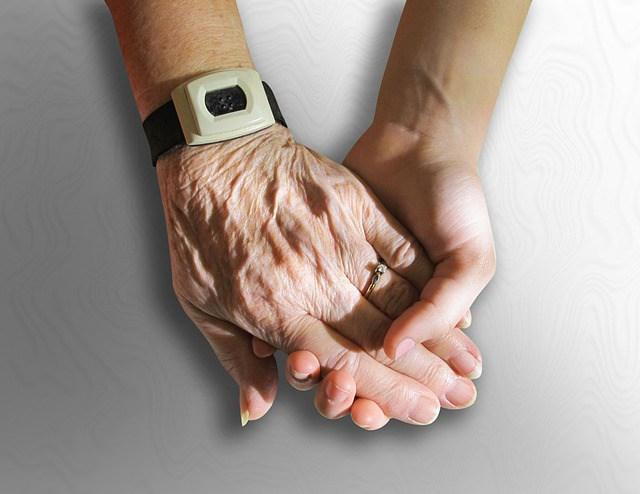
When someone we know and care about experiences the death of a close family member or friend, we want to be supportive and offer comfort, but we might not know how. Sometimes we inadvertently make things worse in the things we say or don’t say.
Here are some tips to help you offer the best comfort you can:
Do listen compassionately and without judgement. Plan to listen far more than you speak when dealing with a grieving friend or relative.
Do not tell anyone how to grieve. Each person grieves differently. What worked for you when your mother died may not be helpful to your friend after the death of his or her mother. Both of you would probably take a distinctly different path of grieving if your own child died.
Do sit in silence with your grieving friend or family member. Offer the person a cup of coffee, tea, juice and something to eat, but do not press the person if he or she refuses. Just being there is often exactly what the person needs.
Don’t tell someone that you know exactly how he or she feels. Even if you are a family member or friend grieving the same loss, you can’t know exactly how another person feels.
Do continue to offer support and a listening ear for months, even years to come. Grieving takes time. The first full year typically brings the most intense responses, but grieving can be a lifetime process.
Don’t tell someone they have grieved long enough, it is time to move on.
Do write a note, send a text or email, or leave a phone message saying you care and offering support.
Don’t be offended if you leave a message and your friend or family member doesn’t respond. Sometimes picking up the phone or writing a text can be exhausting or overwhelming. Just knowing you cared enough to call is healing.
Do find a supportive friend of family member who is not also grieving this death to talk to if you are trying to make sense of it yourself. You might need your own support in order to be fully present to your friend who is in need.
Don’t ask lots of questions even if you are extremely curious as most of us are. Just be present. It might be the hardest thing you do, but it is very important. Let the person know you are willing to listen to whatever he or she is ready to share.
Do offer help with chores. Ask if you can bring a meal. Suggest taking a quiet walk together.
Don’t correct the person you are trying to support. As distressing as it is to hear a friend blaming him or herself for something they had no control over, that kind of thinking can provide some level of comfort for a period of time. Why? Because the alternative is realizing that there is nothing he or she could have done to change the situation. That can be a very frightening thought. Instead, you might say simply, “That’s not how I see it. (No more details.) Or, “I can hear the pain in your voice as you think about what you might have done differently.”
Do ask your friend or relative what would be most helpful for you to say or do.
Don’t tell your friend or relative that everything is o.k. (Or another version of that like, “This is God’s plan.” Or “Things happen for a reason.” The reality is that things are NOT o.k. for your friend or relative. Instead tell the person you will be there to support him or her.
Do show this column to your friend or relative and ask which of these things would be most or least helpful to him or her.
For more ideas click here: Supporting a Grieving Person
